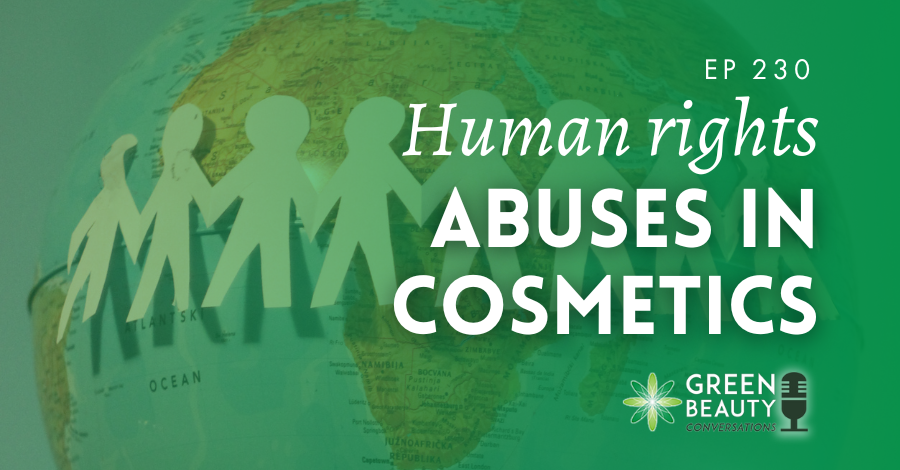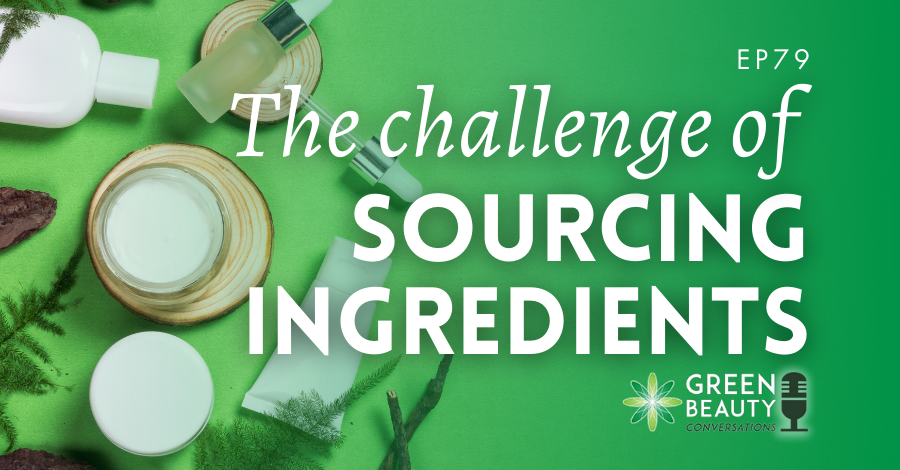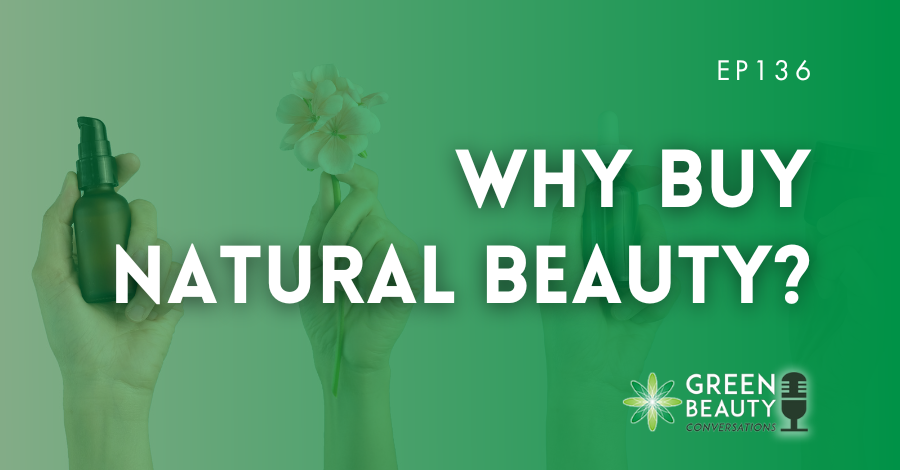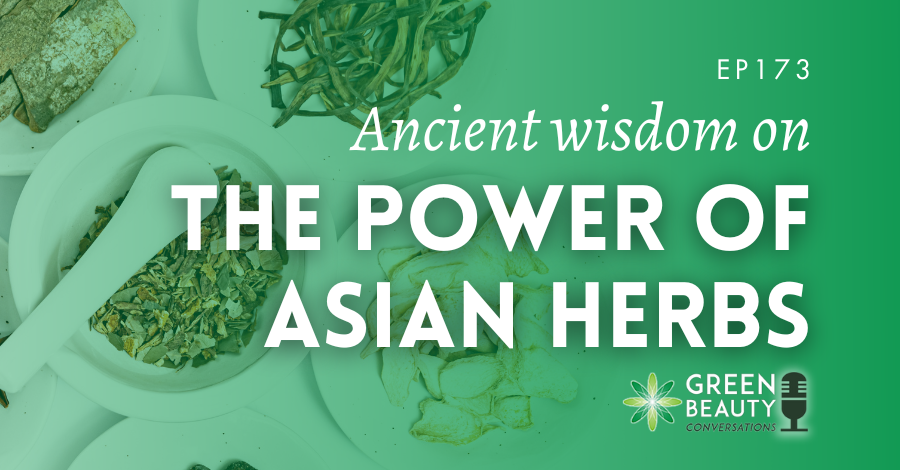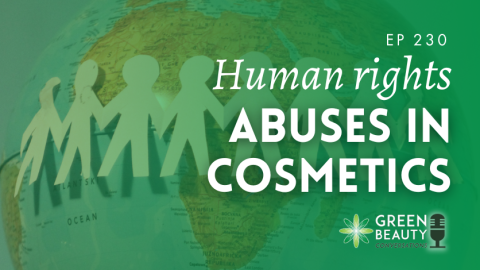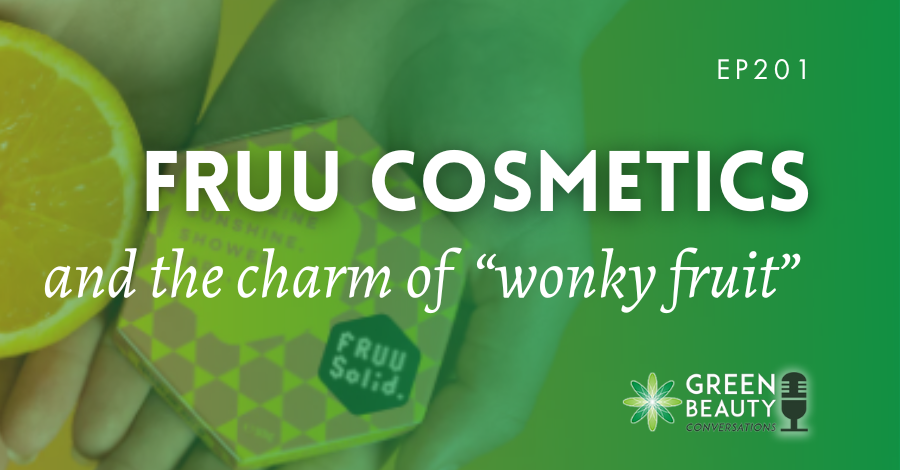Imagine waking up in the dead of night, trekking to a mosquito-infested field, and picking flowers until dawn for a mere $1.50. Now, picture your children by your side, doing the same gruelling work.
This isn’t a scene from a dystopian novel—it’s the harsh reality for families in Egypt’s jasmine fields, as uncovered by a recent BBC investigation.
In this eye-opening episode of Green Beauty Conversations, Lorraine Dallmeier, Chartered Environmentalist, Biologist, and CEO of Formula Botanica, exposes the hidden human rights abuses within the cosmetics industry, from child labour in jasmine harvesting to slave-like conditions in Brazilian carnauba wax production.
If you missed last week’s riveting interview with Ashlee Posner on fragrance transparency, make sure to catch up. It sets the stage for the urgent conversation we’re having today.
“The only way the cosmetics industry will change this is through transparency, traceability, and a genuine desire to do the right thing.” — Lorraine Dallmeier
Key takeaways
- Child labour in jasmine harvesting: The BBC’s investigation revealed a grim truth. Children as young as five work alongside their parents in Egyptian jasmine fields, picking flowers at night. These jasmine flowers end up in high-end perfumes, but the families who pick them earn barely enough to survive.
- Carnauba wax controversy: In Brazil, the production of carnauba wax—an ingredient used in both food and cosmetics—is marred by severe labour abuses. Workers endure dangerous conditions, inadequate protective gear, and unsanitary accommodations. Despite big brands’ claims of ethical sourcing, the reality on the ground tells a different story.
- Industry secrecy and profit-driven practices: The cosmetics industry is notorious for its opacity and relentless focus on profit. This creates fertile ground for human rights abuses. Companies often hide behind complex supply chains, making it difficult to trace the origins of ingredients. This lack of transparency allows exploitative practices to continue unchecked, affecting thousands of workers worldwide.
- The need for ethical sourcing: To truly address these issues, brands must commit to ethical sourcing practices. This means ensuring that suppliers provide fair wages, safe working conditions, and adhere to strict labour standards. Consumers have a crucial role to play by supporting brands that prioritise transparency and accountability, pushing the industry towards a more ethical future.
Thank you for joining us for this episode of the Formula Botanica Green Beauty Conversations podcast. If you enjoyed listening, please share, subscribe and review this episode on Apple Podcasts, Spotify or YouTube so that more people can enjoy the show. Don’t forget to follow and connect with us on Facebook and Instagram.
Leave us a comment
Lorraine Dallmeier is a Biologist, Chartered Environmentalist and the CEO of Formula Botanica, the award-winning online organic cosmetic science school. Read more about Lorraine and the Formula Botanica Team.

